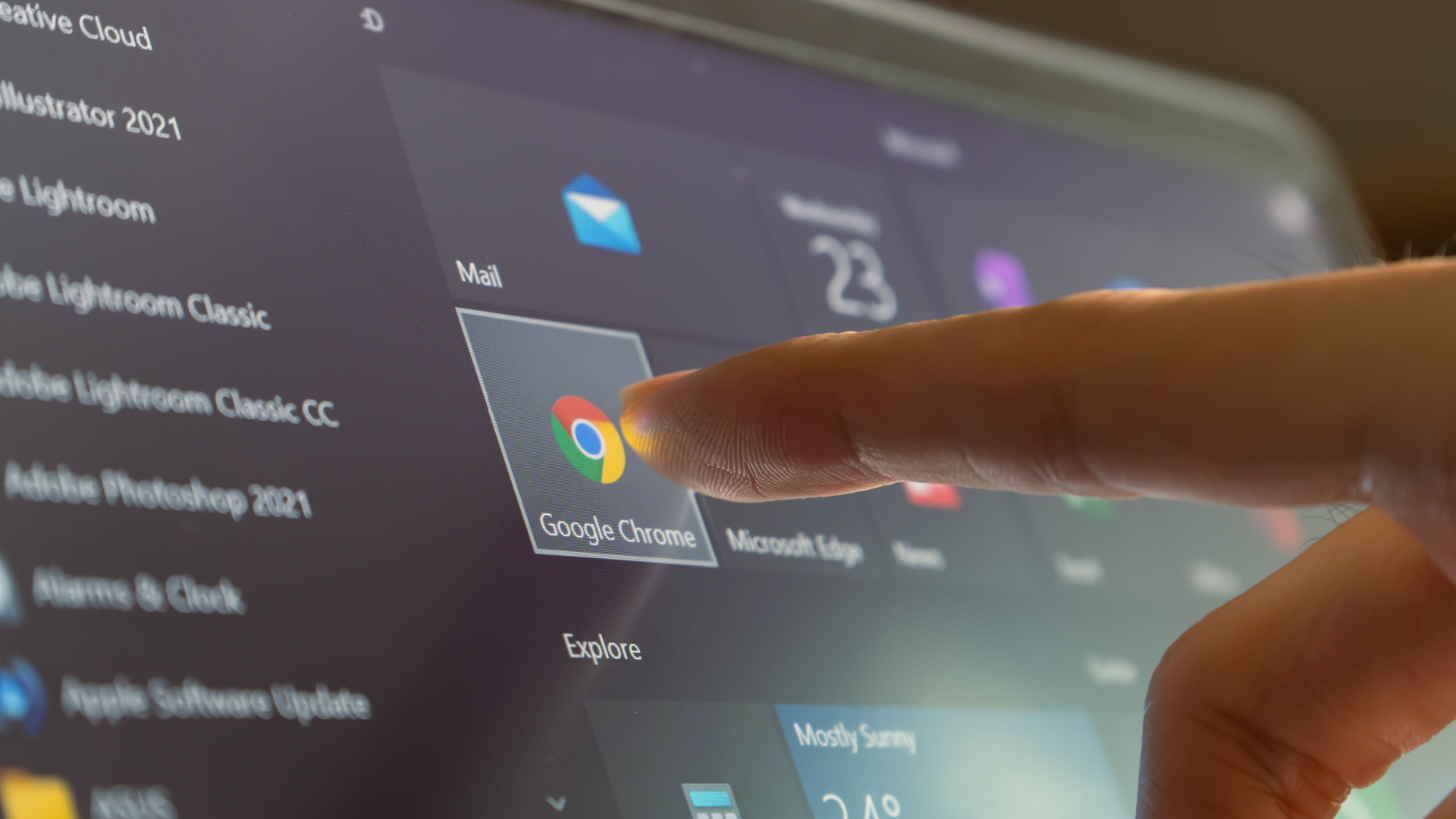Google releases speedy version of Chrome for ARM – a sign Windows 11 ARM-powered devices are finally going to make it big?
Surface Pro 10 and Surface Laptop 6 to go all-in with ARM, and swerve Intel CPUs, even?

Google has released a new version of Chrome designed for ARM-powered Windows 11 PCs, and this fresh take on the web browser will particularly benefit from the incoming Snapdragon X Elite (ARM-based) chip, which big things are expected from.
The idea, as Google explains in a blog post, is to get Chrome fully optimized for ARM systems so it runs faster and smoother, with the company adding: “Based on recent benchmark testing, we expect Chrome to get an even bigger boost in performance with Qualcomm’s upcoming Snapdragon X Elite.”
The Snapdragon X Elite has already created quite a stir around the possibly major performance uplifts it’ll bring to Windows 11 devices running with ARM. We’ve been hearing that Qualcomm’s new ARM-based processor is a serious threat to Apple’s M3 chip, and that it offers serious AI acceleration powers to outclass Intel’s Meteor Lake CPUs (add some seasoning here, mind).
In short, the hype train is running at full steam, and Google is chucking more coal into the pre-release engine by announcing this faster take on Chrome, and that it’ll be running even more speedily with Qualcomm’s inbound Snapdragon SoC.
Analysis: A timely arrival – reinforcing certain vague Surface rumors?
This version of Chrome for ARM-based PCs has been in testing for a while now – since January in fact, as Neowin, which spotted all this, points out – so it’s coming out in good time ahead of the launch of AI PCs that’ll have the Snapdragon X Elite inside. Those devices are expected to debut around June with an updated Windows 11 in tow (based on an all-new platform, Germanium, incidentally).
Of course, standard (x86) Chrome could run on Windows 11 PCs with ARM chips already, but under emulation. This is where a native version of the browser has a big advantage, as there’s no overhead for emulating the app, so it’ll run considerably faster – and even more so with the Snapdragon X Elite as noted.
An interesting observation here is that with Google having concocted this ARM take on Chrome well ahead of time for the launch of Qualcomm’s new chip, this could be an indication of how serious Microsoft is about getting Windows 11 on ARM working even better.
Get daily insight, inspiration and deals in your inbox
Sign up for breaking news, reviews, opinion, top tech deals, and more.
Now, one rumor we’ve heard is that the consumer versions of the Surface Pro 10 and Surface Laptop 6 could possibly only run with the Snapdragon X Elite CPU (or a custom variant of this processor from Microsoft) – and not Intel chips at all. In other words, the business versions of those Surface devices with Intel CPUs might be the only ones to carry silicon from Team Blue.
This would be a very bold move – and it’s just a wispy rumor, raised tentatively by Zac Bowden on X (formerly Twitter) recently, so it requires caution in abundance – but the relatively speedy development of an ARM take on the most popular web browser out there is another hint that maybe, just maybe, this is Microsoft’s plan.
We wouldn’t bank on it by any means, but it’s an intriguing possibility that Microsoft might feel the Snapdragon X Elite is strong enough to carry Surface devices into the future on its own, at least where consumers are concerned. That’d mean Microsoft is confident that the ARM CPU performs well enough that emulation should be fine for most everyday apps that don’t have a native ARM version yet – although heavyweight applications are, of course, a different matter (hence equipping business Surfaces with Intel Meteor Lake chips).
You might also like
Darren is a freelancer writing news and features for TechRadar (and occasionally T3) across a broad range of computing topics including CPUs, GPUs, various other hardware, VPNs, antivirus and more. He has written about tech for the best part of three decades, and writes books in his spare time (his debut novel - 'I Know What You Did Last Supper' - was published by Hachette UK in 2013).